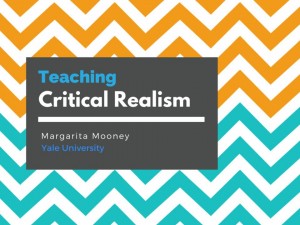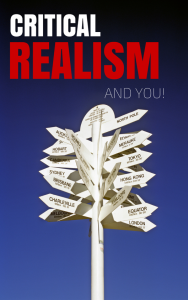A Professor in Princeton University’s Religion department, Eric Gregory, once told me that many students in his Christian Ethics class know that Martin Luther King was a civil rights leader but do not know he was religious leader. Forgetting the religious roots of Reverend Martin Luther King’s legacy represents an at best impoverishment of knowledge, or perhaps as suggested in this article by Justin Dyer and Kevin Stewart on Public Discourse, an attempt to present in exclusively secular terms what Reverend King saw as a theologically and philosophically based argument: that African-Americans deserve full legal and substantive benefits of U.S. citizenship. As I’ve mentioned before on BWG, civil religion is an American tradition with many important legacies in American politics, and Martin Luther King is one example of this civil religion.
Although few of the black and white sociology of religion students I teach in the south do not know that Martin Luther King was a Christian pastor, many are nonetheless more familiar with the messages prosperity gospel preachers than with the social gospel of any kind. Realizing this blind spot made me more passionate to teach my students the historical roots of the political and social engagement of black churches. As early as the 18th century, when African-Americans lacked many other rights, African Americans organized their own churches as early as the 18th century. The religious freedom granted to African-Americans was used for their civic and political empowerment, producing powerful leaders like Martin Luther King.
To explain the close link between the black church and political mobilization, in their classic book, The Black Church in the African-American Experience, C. Eric Lincoln and Lawrence Mamiya stated:
“other-worldly religious transcendence can be related dialectically to the motivation, discipline, and courage needed for this-worldly political action.” (Lincoln and Mamiya, Black Church, p. 234)
In other words, the black church’s often passionate Pentecostal tradition, its belief in God’s providence, his love for his people, generate the much needed-virtues of perseverance and courage to go against the tide.
The social gospel, such as promoting civil rights for African-Americans, certainly went against the tide of many Americans. To describe the tension between the social gospel and more traditional evangelism, in the now-famous book The Restructuring of American Religion: Society and Faith Since WWII, the eminent sociologist of religion Robert Wuthnow describes how, during Civil the Rights Movement,
conservatism came increasingly to be associated with the view, not that race relations should never change, but that direct action was too conflictual, too divisive, pushing too rapidly for short-term gains at the expense of religion’s longer-term place in the social order… Those who held firmly to the view that religion best serves society by shaping the individual’s convictions continued to stress the importance of personal salvation, personal piety and morality, and therefore, evangelism, Bible study, and missionary efforts. Those who began questioning the connection between values and behavior, who saw direct action as being more effective than good intentions, increasingly focused their attention away from personal salvation and evangelism and toward engaging religious people directly in acts or love or in acts committed to bringing about social justice. (Wuthnow, Restructuring, pp. 148-149)
Some contemporary examples of the African-American social gospel include Johnny Ray Youngblood’s ministry in Brooklyn in the 1980s, written about so powerfully by journalist Samuel Freedman in Upon this Rock: The Miracles of a Black Church. And then there is Eugene Rivers of Boston’s Ten-Point coalition I wrote about on my post regarding faith-based social services.
However, among many of my students, most contemporary examples of the social gospel seemed to be drowned out by the enticing messages of prosperity gospel preachers like T. D. Jakes or Joel Osteen. As Jerry Park described recently here on BW&G, Osteen’s message conveys “hope, optimism amidst adversity, [and] a belief that God’s favor is tied to material rewards.”
Hoping to contrast today’s religious best-sellers with another 20th century religious best-seller, I asked my students to name the spiritual autobiography of an American monk that sold millions of copies since its publication in 1948. To my chagrin, not a single one of my 50 students had ever heard of Trappist Monk Thomas Merton or Seven Storey Mountain, a riveting spiritual journey of struggle, asceticism, and sacrificial prayer. As Robert Giroux recounted for the New York Times Review of Books on the 50th anniversary of its publication, Seven Storey Mountain is like a contemporary Confessions by Saint Augustine, but its message does not seem to reach young readers.
Astounded at the silence that greeted my inquires about Merton, I began to wonder: Can we really achieve the goals promoted by social gospel or the prosperity gospel without the asceticism so powerfully described by Merton? Confronting today’s major social problems requires a belief that progress and prosperity are attainable by all, a commitment to fight for one’s beliefs publicly even if those beliefs go against the tide, and a commitment to the heroic virtue millions of Merton readers admire. Translating monastic asceticism into this-worldly asceticism is the challenge for those of us who share the convictions of Merton and King. As illustrated by Martin Luther King, the struggle for other-worldly transcendence fuels this-worldly action in powerful ways, even if opposition to one’s ideas leads to death.











